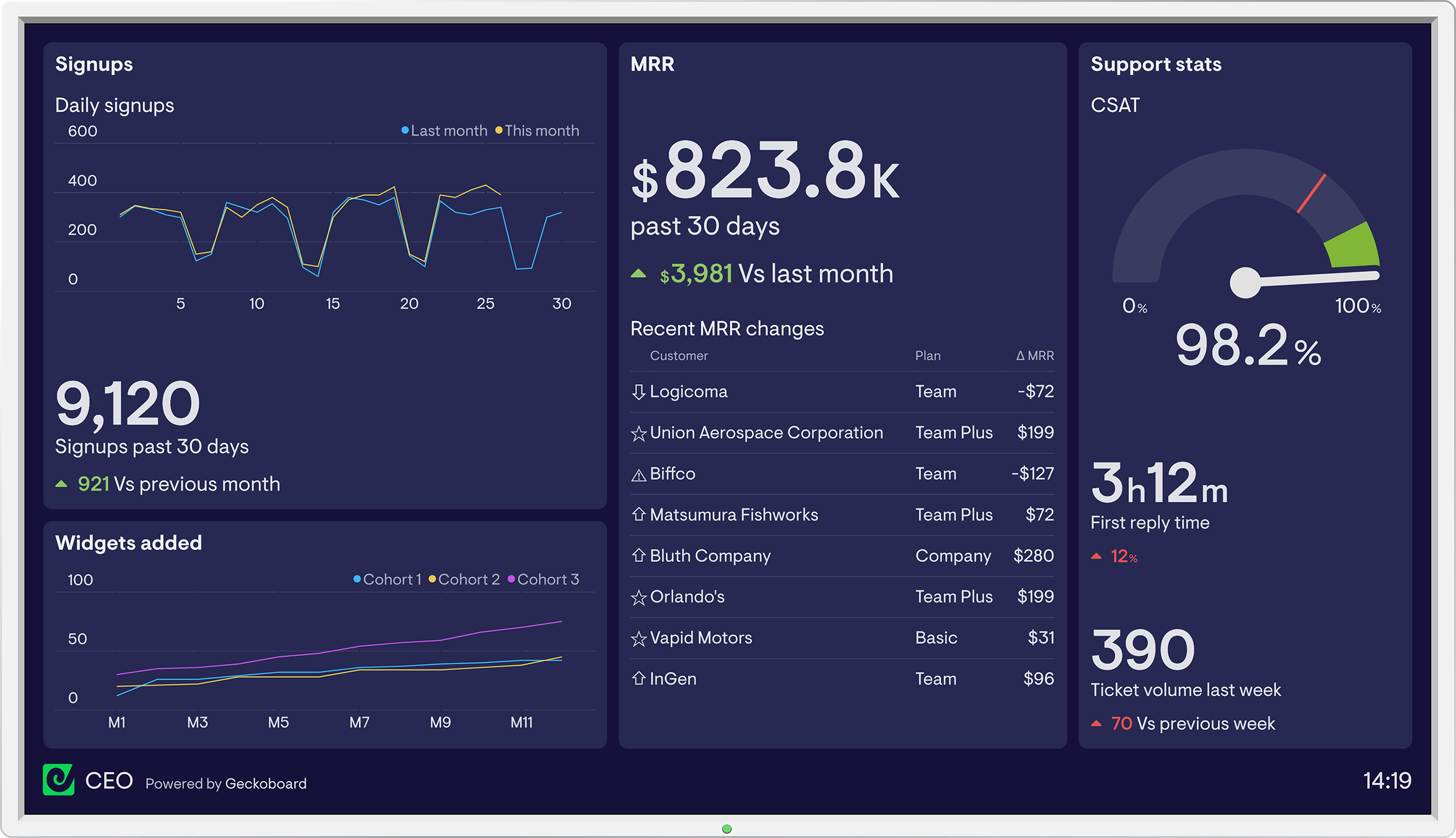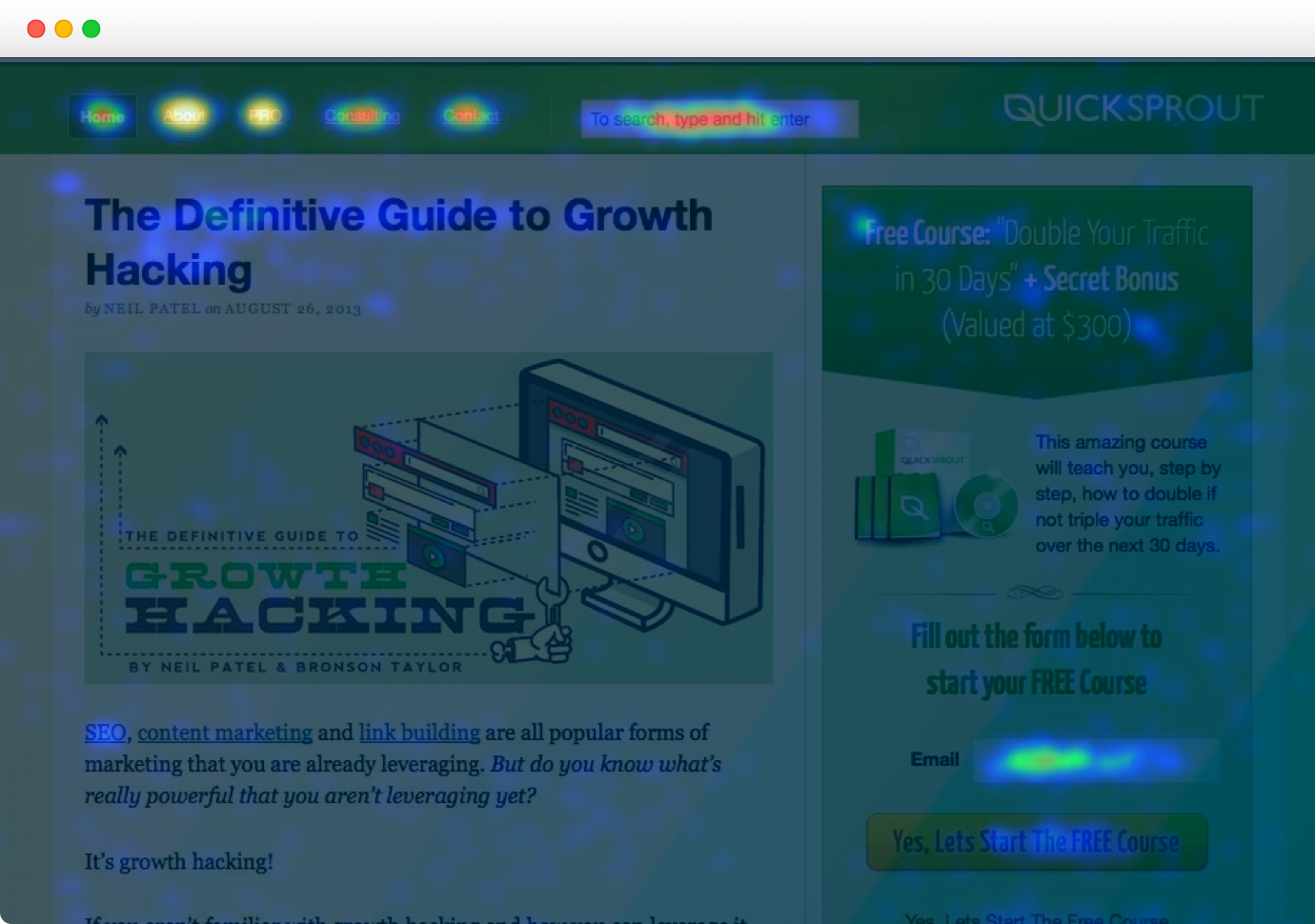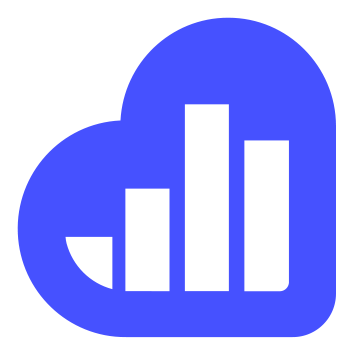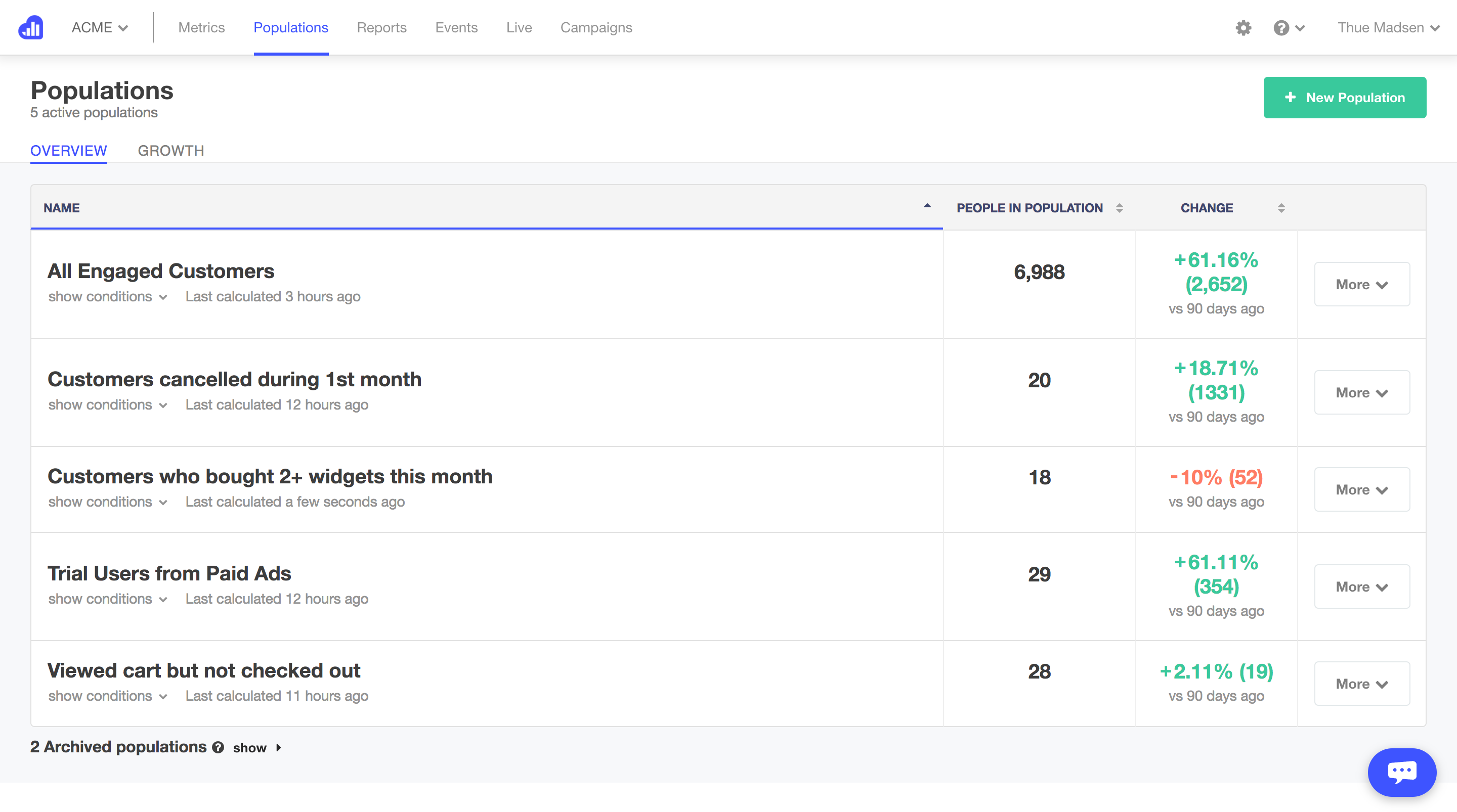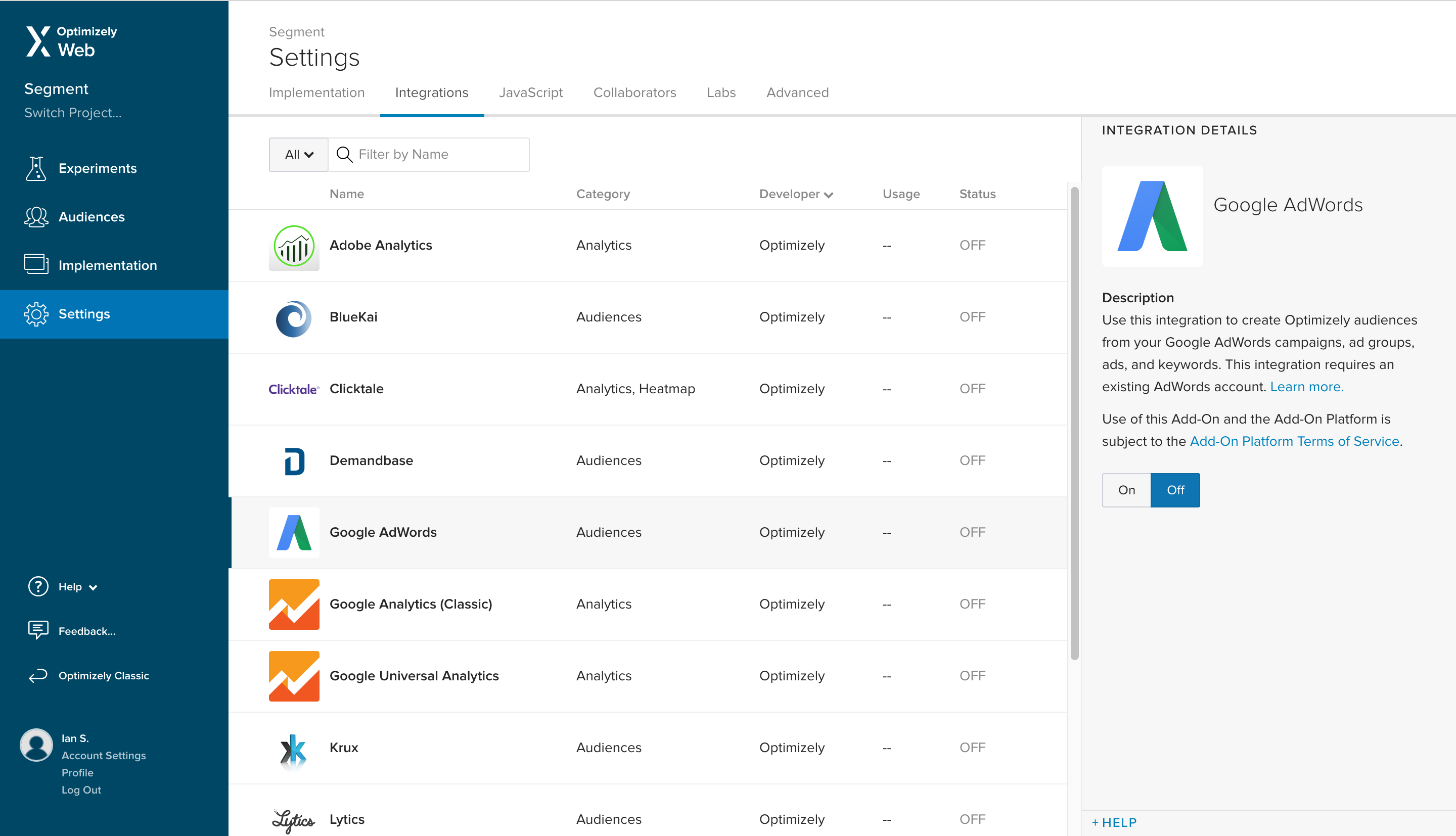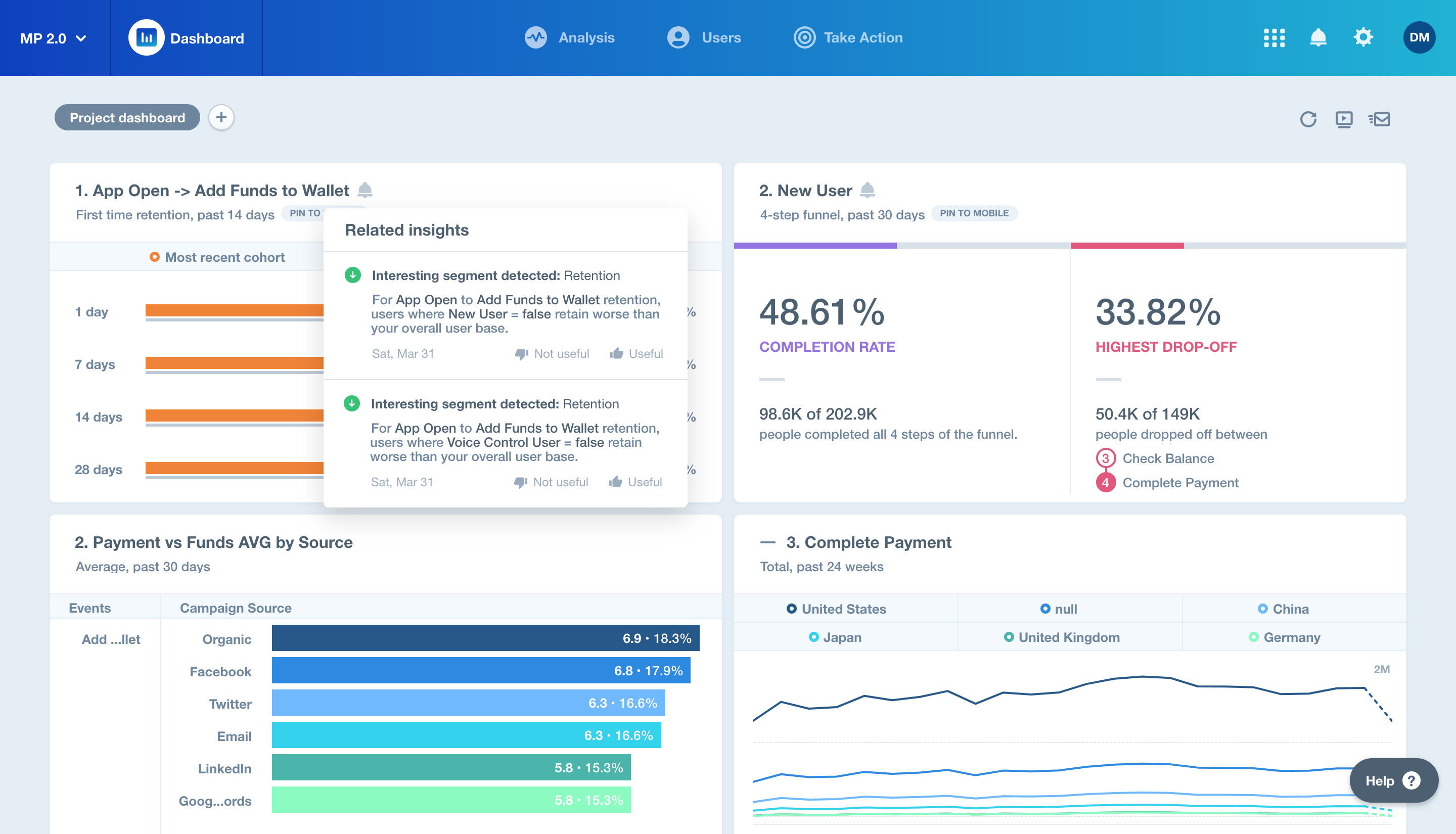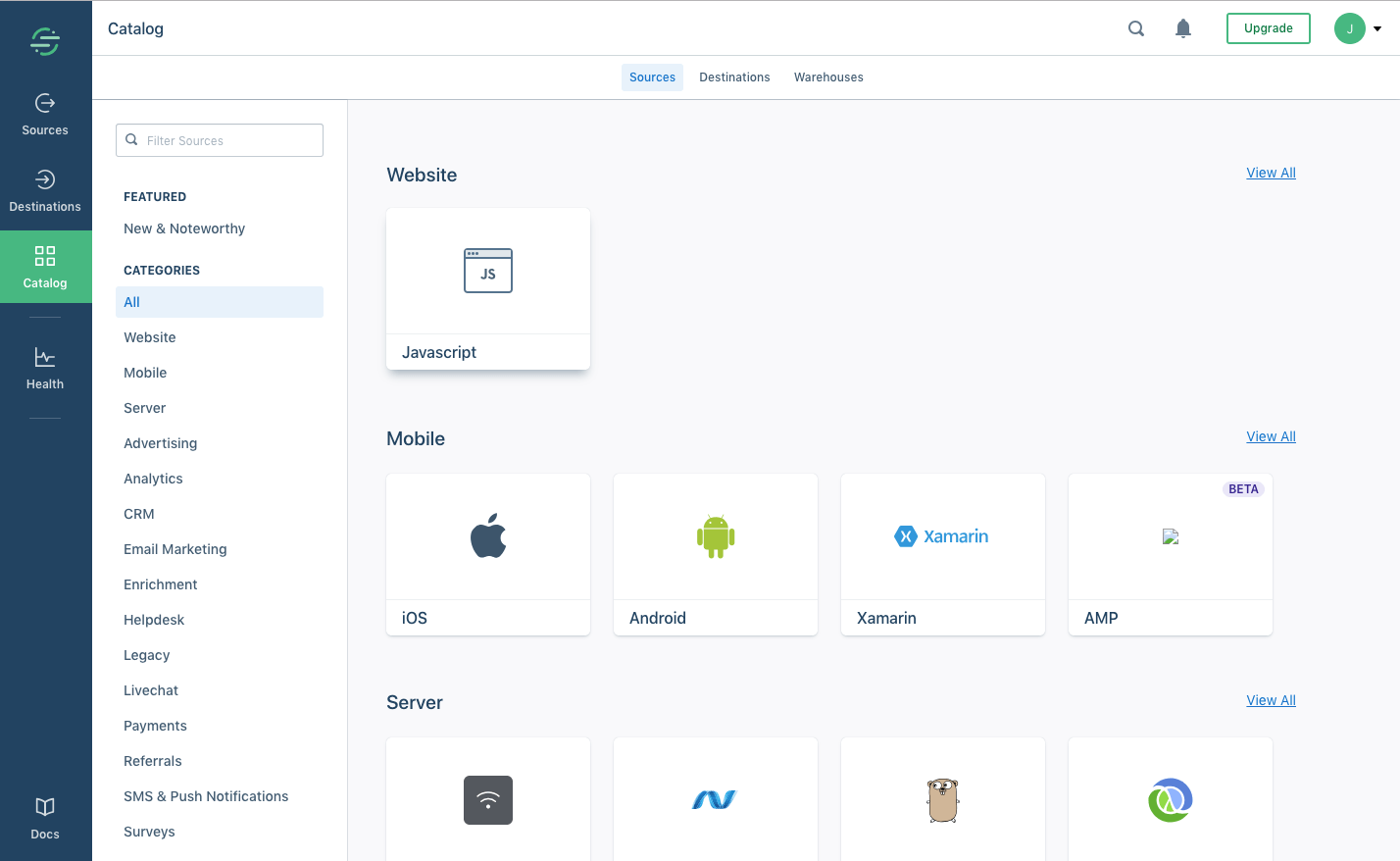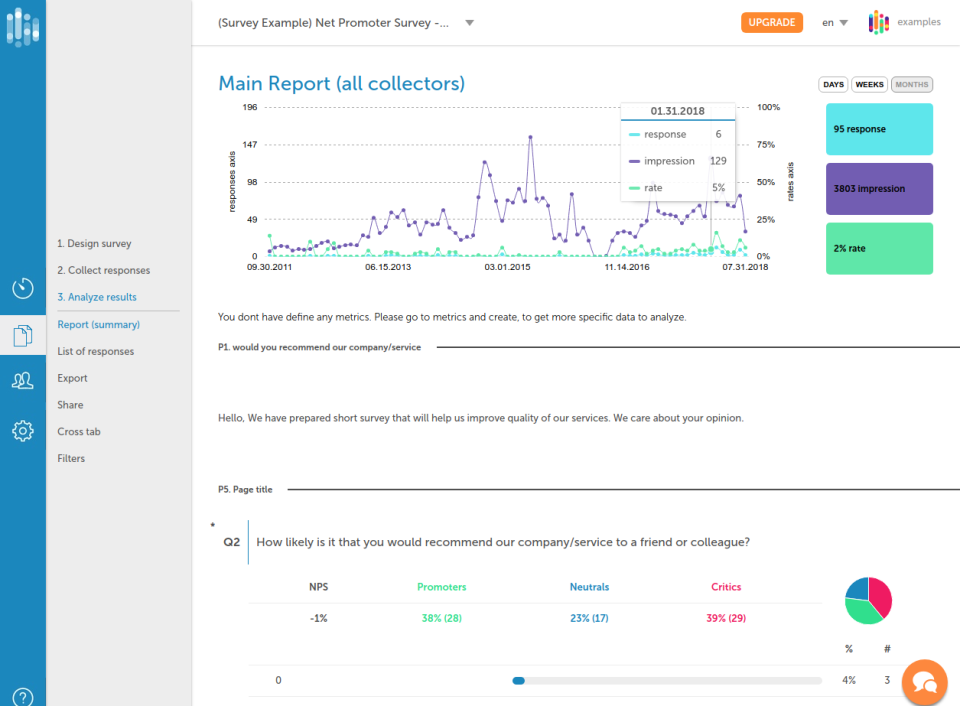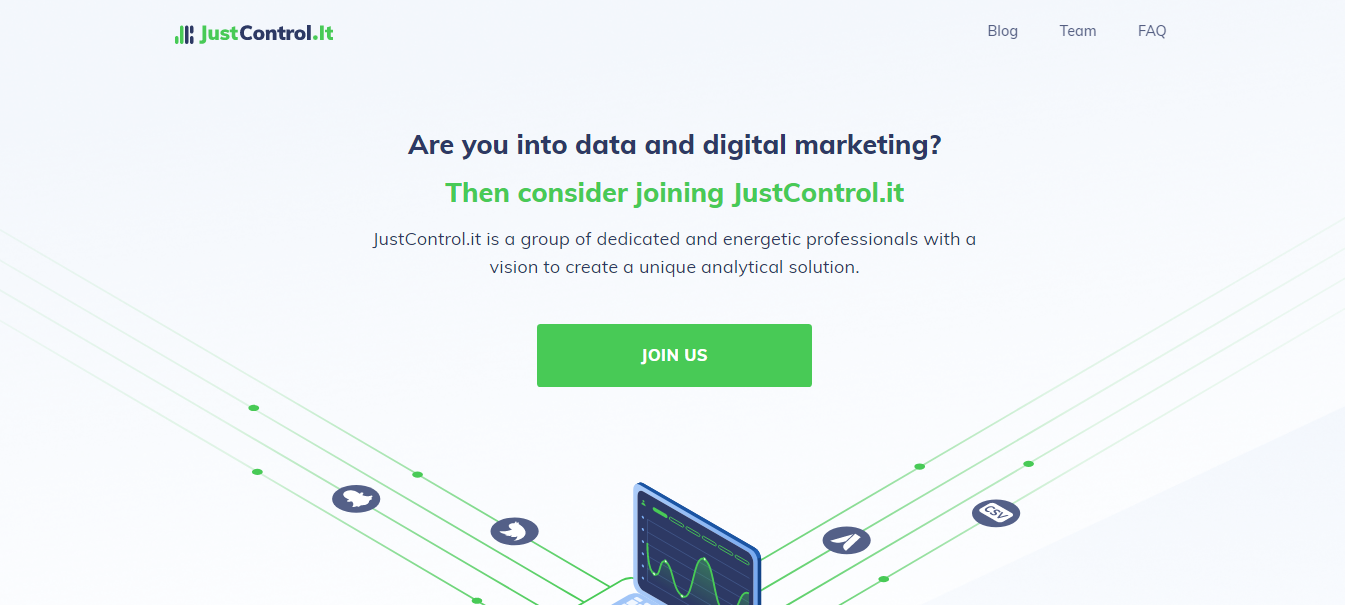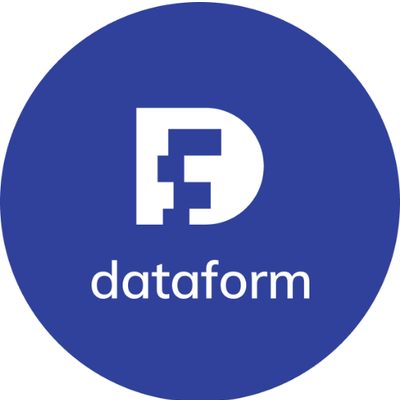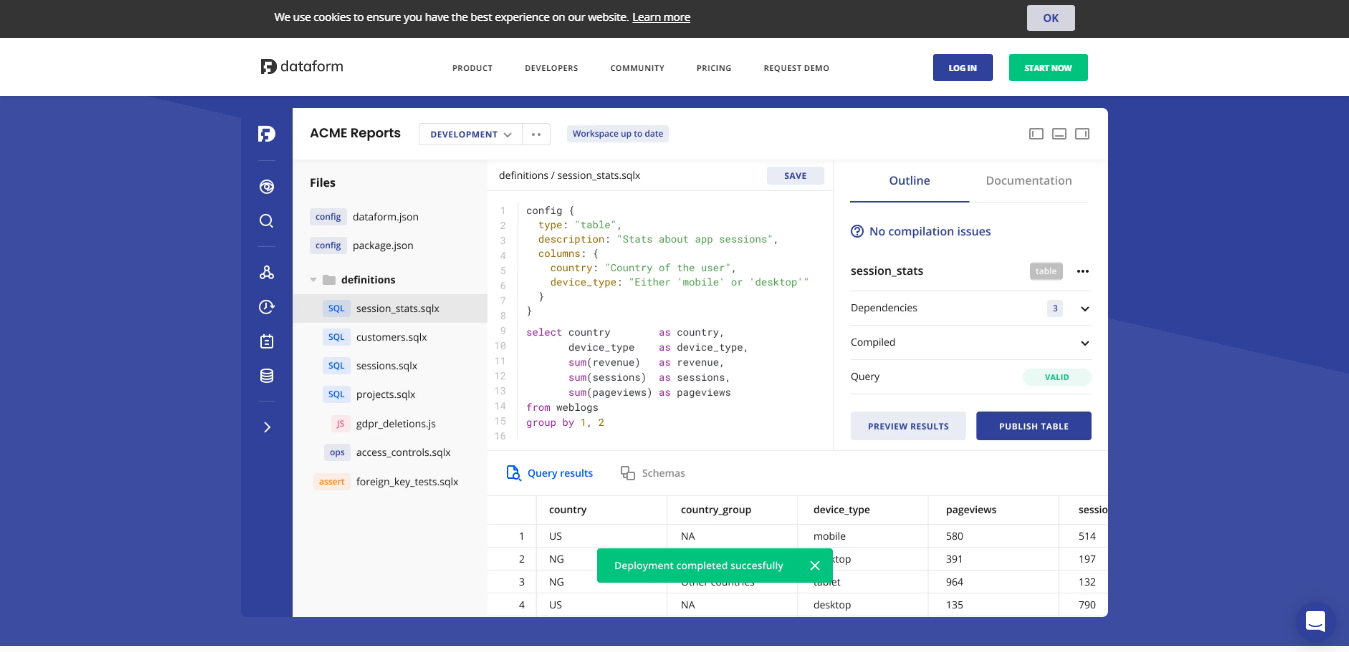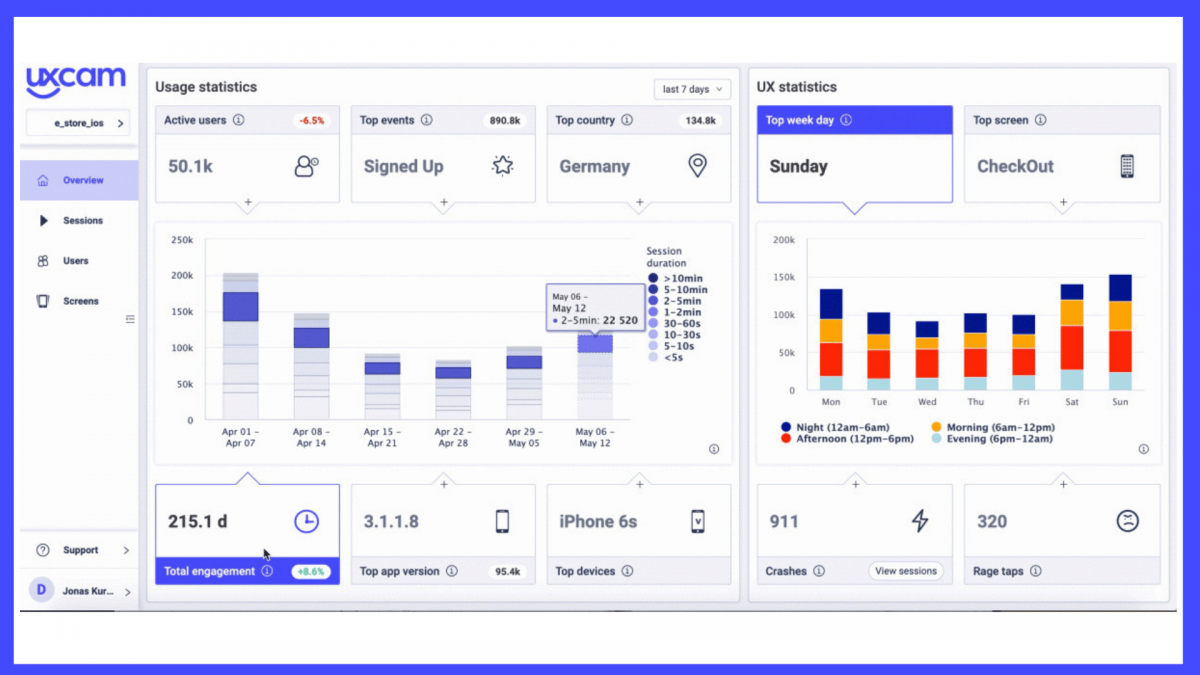What do the Moon landing, the first photo of a black hole, and the God particle all have in common? Data! Most of humanity’s greatest achievements have involved large amounts of data. But any entrepreneur in the digital age would know that data is inseparable from most modern businesses.
Every company generates a large amount of data, which raises an important question: what exactly do we do with all this data? Data analytics is the most obvious answer. But unless you’re a data scientist, you may not be able to analyze your data effectively.
This is why there are so many tools in the market which allow users to make sense of their data. However, there are so many options available that the decision can become overwhelming. If you face a similar conundrum, you might want to start by weighing the tool's pros and cons in question.
Let's look at Google Analytics, the analytics offering by Google. One of the main pros of this tool is that it offers real-time data analytics. This means that you can get a live reporting of your website. Another pro is that this tool is free to use and totally secure.
Every tool has its cons, and Google Analytics is no different. One of the main cons is that the sheer number of features can make the tool overwhelming and clunky to use. There are some alternatives to Google Analytics that are far easier to understand. Additionally, some users have also mentioned a lot of redundant analysis provided by the tool, which might not necessarily provide any useful insights.
Google Analytics is the best analytics tool on the market for affiliate marketers. This is the standard tool employed by affiliate marketers for monitoring site traffic.
If you want to know what's going on with your website as a whole and whether or not you're meeting your goals, you need to know how people interact with it, how long they spend on it on average, and, most crucially, which pages they visit more often or less often. The findings of this analysis will shed light on your site as a whole and inspire you to take the measures needed to make your affiliate website better.
There are a bunch of decent tools out there that offer the same array of services as Google Analytics. And it can sure get confusing to choose the best from the lot. Luckily, we've got you covered with our curated lists of alternative tools to suit your unique work needs, complete with features and pricing.


